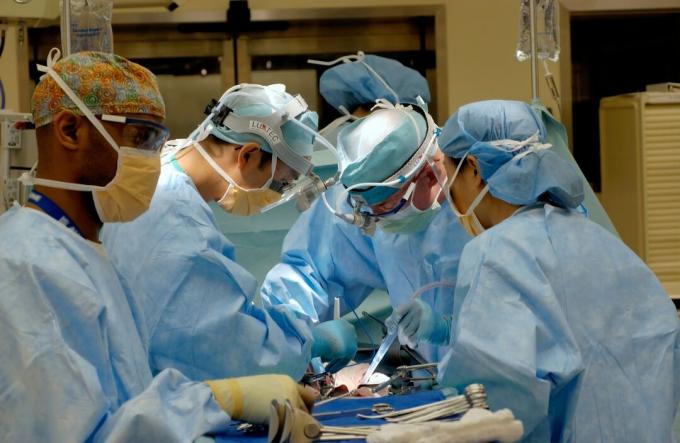Biotechnology company eGenesis is performing procedures to transplant pig hearts into baboons. So, in the future, the same genetically modified transplants will be performed on human babies with heart problems. The study was announced on Monday (17) at scientific portal MIT Technology Review.
To avoid organ rejection, transplanted pig hearts undergo genetic editing. The idea is to carry out the tests in 2023 to offer the services to humans next year as a temporary measure until the transplant surgery.
see more
PicPay will now charge a fee for inactivity; see how it will work
The "powers" of porridge: check out the benefits of oats in…
The doctors' main goal is to offer more waiting time to human babies under two years old who suffer from heart problems.
With such a short time to live, babies cannot wait long in the organ donation line. Furthermore, treatment options for patients so young are limited.
Firstly, the researchers were inspired by an ancient practice of using animal tissues and organs called xenotransplantation. The first tests of the technique were made in the 17th century.
Another important point of the procedure is that the organs are genetically modified to avoid rejection. The researchers point out that transplanting pig hearts is not an easy procedure, but they also reinforce that even organs transplanted between the same species can be rejected by the receiver.
To do so, they developed a technique that "uses the CRISPR gene-editing tool to make about 70 edits to the genome of a pig." This step is done to avoid virus transmission and increase the chances of organ acceptance.
eGenesis plans to perform the procedure on 12 baby baboons before starting surgeries on human babies with serious heart problems next year.

(Image: Unsplash/National Cancer Institute)
To date, two surgeries have been performed and neither animal has lived for many days. The first baby baboon survived for a day, the second had blood vessel complications and lived for just nine days after surgery.
In the history of medicine, a transplant of a pig's heart has already been performed on a living human. In 2022, David Bennett, aged 57, received the organ in Maryland, in the United States, but the patient died two months later.
Currently, the United States has a waiting list of more than 100,000 people waiting for an organ transplant. The research aims to find alternatives to meet the needs of adults and babies during this period.
According to representatives of eGenesis, the company plans to continue studies, tests and surgical procedures in animals to find the safest method of performing pig heart transplants in humans.